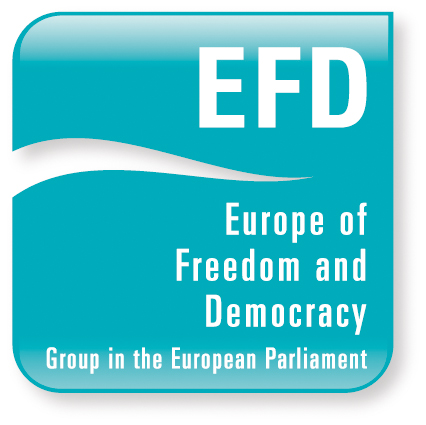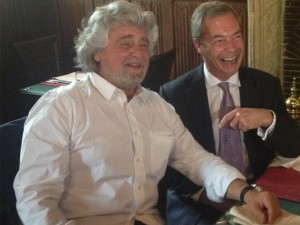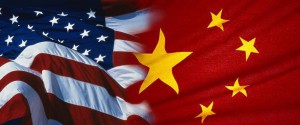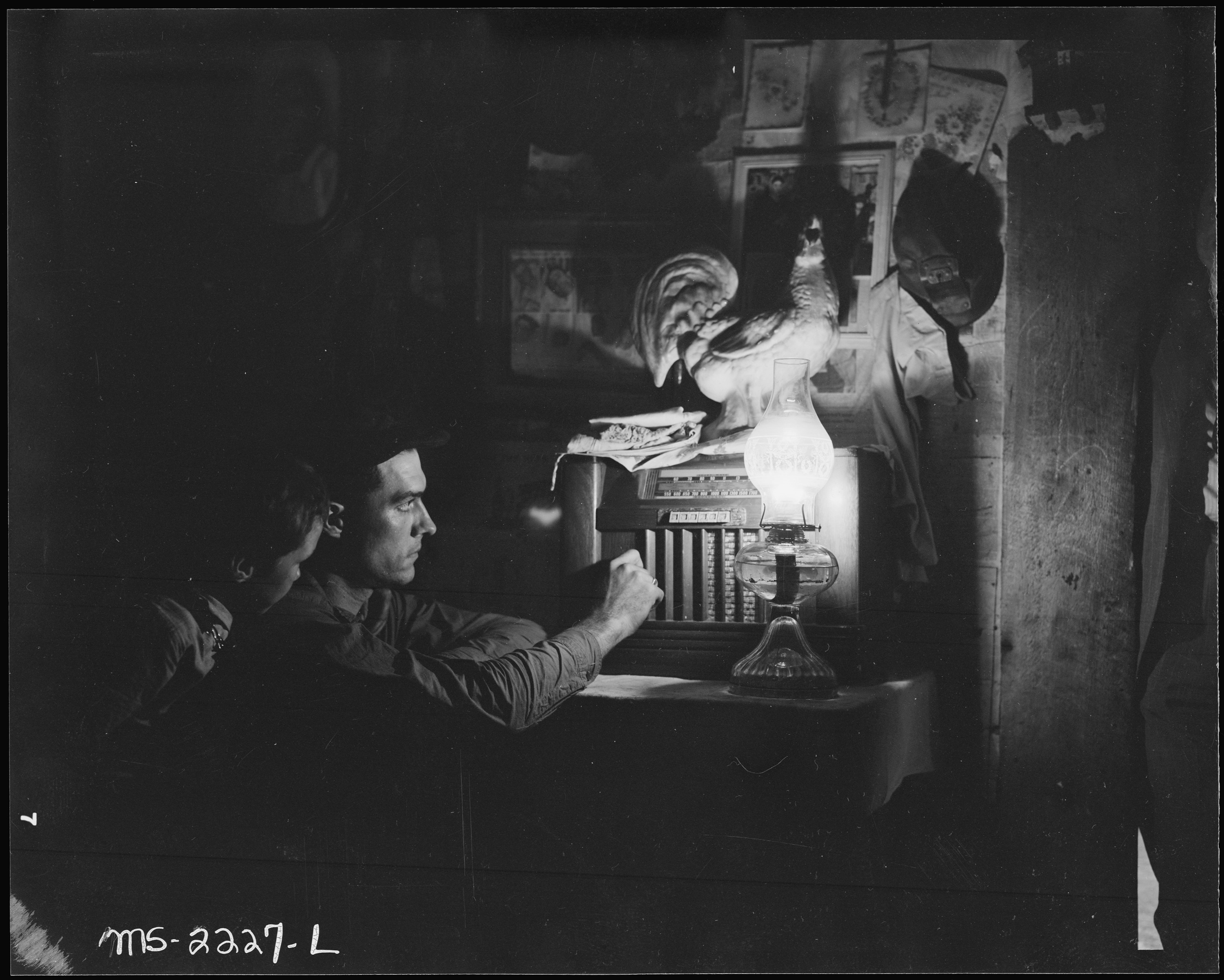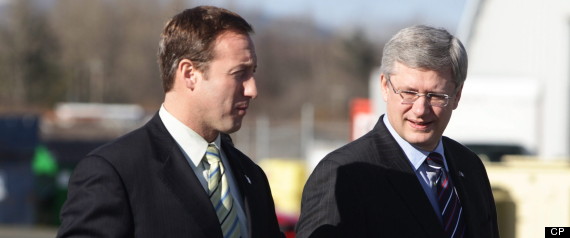“We will be the peoples’ voice”, declared Nigel Farage, leader of the United Kingdom Independence Party (UKIP), at the announcement of the Europe of Freedom and Direct Democracy (EFDD). Following the defection of Joelle Bergeron from France’s Front National, the EFDD fulfilled the European Parliament’s requirement of having a minimum of seven nations to be considered a Parliamentary Group.
Co-chaired by UKIP’s Farage and David Borrelli of the Italian Five Star Movement, the EFDD is joined by Lithuania’s Order and Justice Party, the Sweden Democrats, the Czech Free Citizen’s Party, the Latvian Farmers’ Union and the aforementioned Bergeron, now an independent MEP.
Despite their populist rhetoric the EFDD’s past membership, under the Europe of Freedom and Democracy (EFD), was a motley assortment of conservative, right-wing and pseudo-fascist parties stretching from the anti-immigration and economically protectionist UKIP in the United Kingdom to the openly xenophobic Slovak National Party in Slovakia.
In an effort to both expand its membership and to dissociate itself from Europe’s extreme far-right, the EFDD’s new platform tries to straddle the boundary between twenty-first century xenophobia – a fear of immigration, primarily non-western – and the protection of what they deem to be national and historical values. Like the right-wing parties that form its membership spine the EFDD opposes Brussels as the sole seat of European political authority, the unrestricted movement of peoples across European borders as well as the assertion that an economically and politically homogenous supra-state in Europe is in the interests of European peace and prosperity.
The establishment of the EFDD is no small accomplishment in a rabidly divisive and quarrelsome European Parliament. Moreover, the members of the EFDD benefit tremendously from consolidating under one political banner. As an officially recognized European Parliament Group the EFDD is entitled to EU financial support, a somewhat perverse reward given that the EFDD would rather see the EU abolished. Official recognition also allows the EFDD to chair European Parliament committees, which it will do for the first time with the Petitions Committee. By consolidating its forty-eight legislative seats into a single, unified voting block, the EFDD now has enough clout to at least contest if not prevent legislation that runs counter to its program of European decentralization. And it now has a bigger voice, too. As Co-Presidents of the EFDD both Farage and Borrelli will be allotted additional speaker time in front of the European Parliament, no doubt to the chagrin of European Commission President José Manuel Barroso.
To be sure the success of the EFDD does not portend a perfect storm of right-wing parties banding together across Europe. Like Farage’s efforts to birth the EFDD, Marine Le Pen, leader of France’s Front National, also tried to form a seven-nation group but was unable to calm tensions between the ever controversial Gert Wilders, leader of the Dutch Party for Freedom, and Poland’s Congress of the New Right. Even for Wilders, an outspoken critic of Islam and North African immigration, the Congress’s couched anti-semitism and archaic misogyny were crucial social differences that could not be reconciled. Le Pen’s failure to assemble a rival right-wing faction exposed the internal faultlines that have fractured and kept apart Eurosceptic nationalists.
Nonetheless, the very fact that Farage and Borrelli were able to align a number of like-minded, yet fundamentally self-interested parties deserves the full attention of the EU. For years the fear of a far-reaching right-wing movement in Europe has been tempered by the Right’s inability to organize itself. Given the electoral gains of Eurosceptics in the most recent European Parliament election and the formation of the EFDD, it might be time to concede that Europe’s Right, splintered into tens if not hundreds of competing factions, might not be the source of its own undoing.

